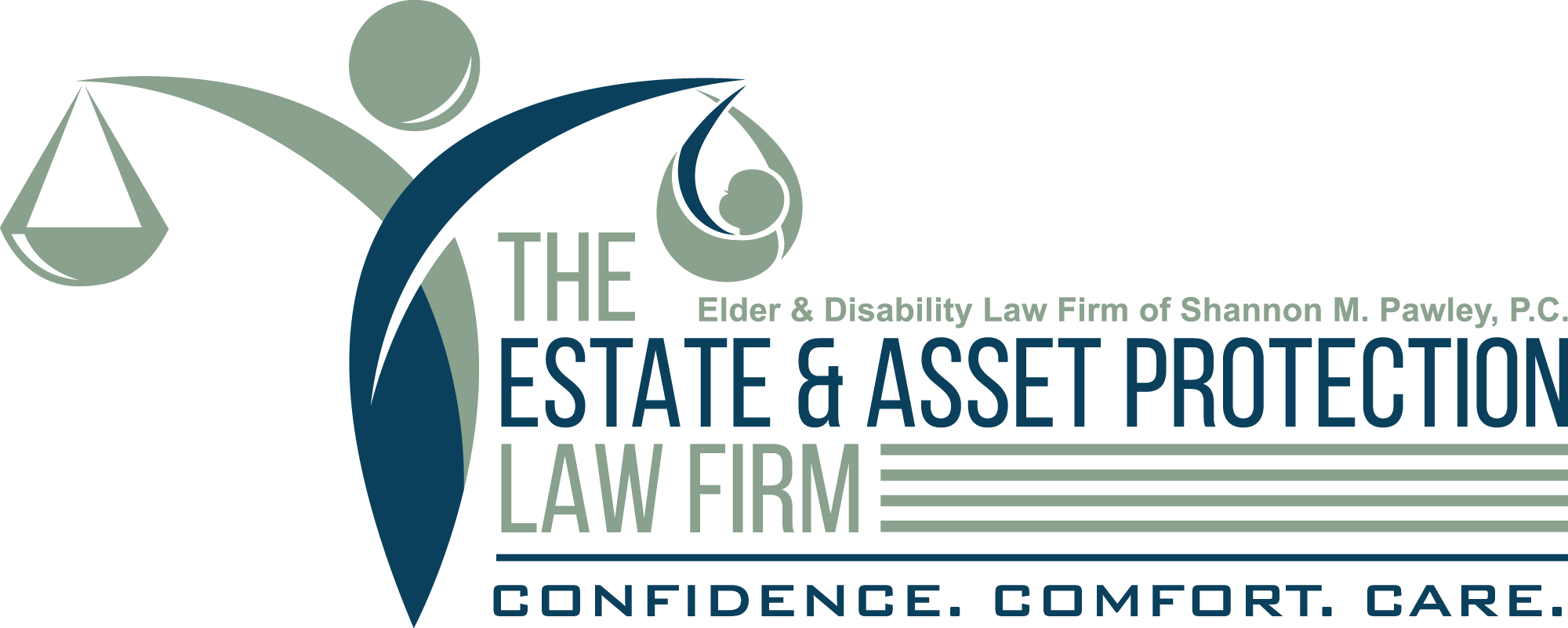An Alzheimer’s Diagnosis: Patience, Routine & Tone More Crucial For Patients During COVID-19

As if an Alzheimer’s diagnosis or one for any other cognitive condition isn’t bad enough, the novel coronavirus (COVID-19) has made circumstances even more confusing for these patients, their families and caregivers.
If you are living with a loved one who has a cognitive disorder, you have probably learned the value of patience, routine and vocal tone. These three behaviors are very important to continually soothe your loved one and yourself! And, they are especially important during this pandemic when so many things have changed dramatically.
An Alzheimer’s Diagnosis Can Cause a Senior to Be Easily Confused And Frustrated
Confusion and frustration are two early indicators that cognitive impairment may be taking hold. When this kind of diagnosis comes the family is suddenly catapulted into living with ongoing loss and grief on a daily basis. The confusion and frustration tend to get worse for everyone as the disease deepens. This can be even more intensive when considering an Alzheimer’s diagnosis in the age of COVID-19.
In my work as an estate and asset protection attorney, I have witnessed the havoc that Alzheimer’s and other cognitive disorders can wreak on families. What I have learned through the years, is that developing the patience to live in the world of the Alzheimer’s patient rather that expecting them to live in your world will be a win-win for everyone. I’ve also learned through experience over the years that people with cognitive issues love routine. I must say, so do I!
Establish New Routines
During this pandemic, the need for routine has become more apparent as our work lives have become disrupted. However, for those with cognitive disorders, routine is essential. Many of their routines may have been disrupted due to COVID especially if they are in a nursing home or assisted care facility. If your loved one lives with you, it’s important to establish new routines. For instance, if your loved one is used to going out to lunch, go for a picnic somewhere outside. If they are used to going shopping, take them out for a walk instead. When the routine of someone with dementia is disrupted, it can affect their behavior.
After the Alzheimer’s Diagnosis – Be Aware Of Tone
While the person suffering from dementia might not always have the context of what’s going on, they always react to the stress levels of the caregiver. Even if your loved one has language problems or aphasia, they may not be able to remember what words mean or be able to articulate what they want to say. But emotional memory is longstanding. Stress is so often communicated through the tone of voice. It is rarely the exact words one says that communicates stress, but the tone with which those words are delivered. It does take practice, but eventually communicating in a loving tone will become the norm for you. And that will be useful in all relationships.
Take Care Of Yourself
As the caregiver to a loved one with cognitive disorders, it’s important also to acknowledge the grief and loss you are experiencing on a daily basis. The relationship you had with your loved one is changing before your eyes. You may want to seek therapy in order to learn how best to cope with this “living loss.” In the best-case scenario you can learn how to make the most of and be grateful for the new relationship you are developing. And, you will have a wonderful way to express and make sense of your confusion and frustration. This pandemic is difficult for everyone, but especially challenging for those dealing with loved ones with cognitive disorders. Please stay safe, stay well and give yourself the care you need and so deserve.
Looking to find an experienced estate lawyer in the Georgia area who is skilled in asset protection and estate plan preparation? Shannon Pawley is an attorney in Georgia with expertise in estate planning and asset protection. Shannon can provide assistance with creating an estate plan to include making a will and how to establish a trust properly. If you have questions about asset protection or questions about making an estate plan, reach out to Shannon and she will be glad to help answer all the estate planning questions you might have!







